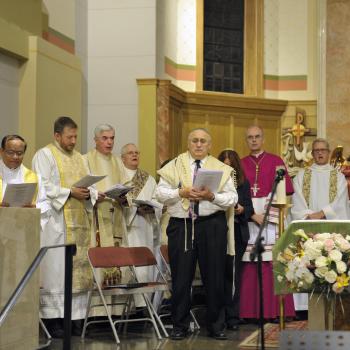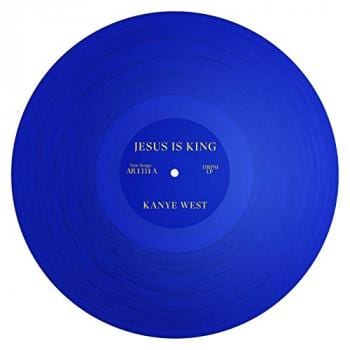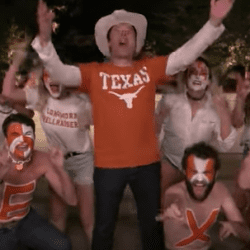For years, people have decried the commercialization of Christmas. Now, it’s Halloween’s turn.
A priest from Bakersfield, CA takes note of this phenomenon:
The Roman Catholic Church in a sense baptized numerous customs of the cultures which were converted, as long as they were not in open conflict with the gospel and doctrines of the faith. This essentially allowed the faith to spread more quickly. This is how Easter acquired Easter eggs and the Easter bunny, and Christmas acquired holly, elves, and so on. The church sought to make Halloween a vigil or preparation for the celebration of All Saints and All Souls days. What has occurred in practice, however, is the All Saints and All Souls holy days of Nov. 1 and Nov. 2 retained their true meaning, while Oct. 31 continued to be celebrated more in its pagan elements, rather than its infused, baptized Christian meaning.
What is to be our attitude toward Halloween today? Like Easter and Christmas, Halloween has been heavily secularized and commercialized. Of the three holidays, it has had the weakest link to its Christian moorings. The Roman Catholic Church has historically tolerated the faithful participating in the usual Halloween traditions. But the Roman Catholic Church seeks ardently to catechize its members on the true meaning of All Saints and All Souls, what is referred to as the “Communion of Souls and Saints.”
Both the living and the dead are united as one body around Christ. Death does not separate us from our loved ones. In addition we believe that all souls in heaven (by definition, everyone in heaven is a saint) care about those still on earth, and pray or intercede on our behalf. In the final analysis, we in the clergy would very much like to see children raised to understand the true meaning of Christian death and the afterlife, and to celebrate Halloween in that light.












